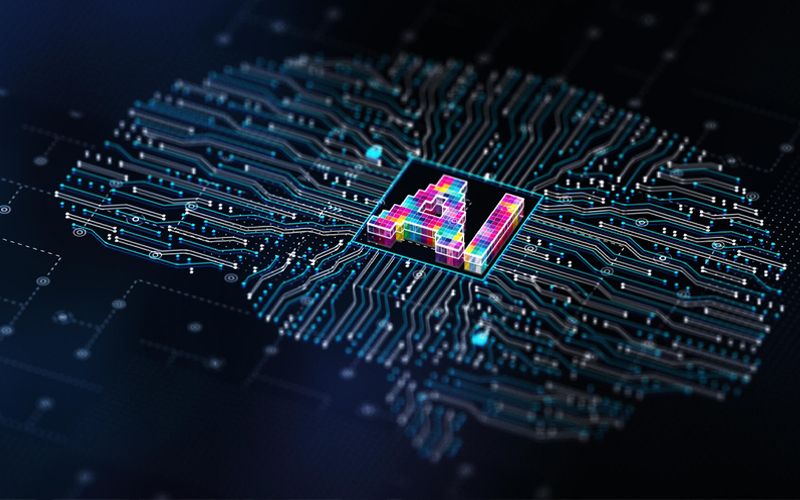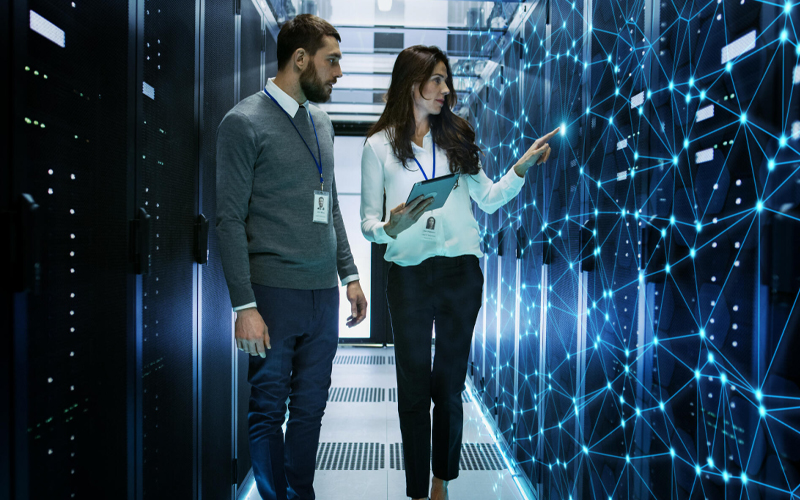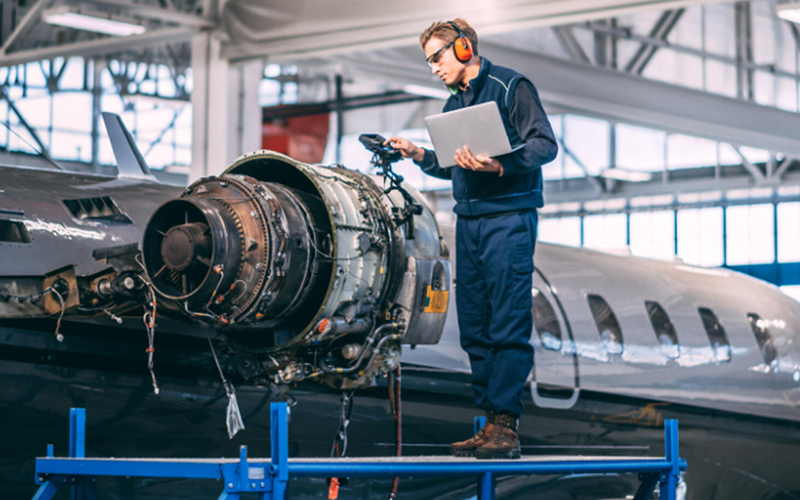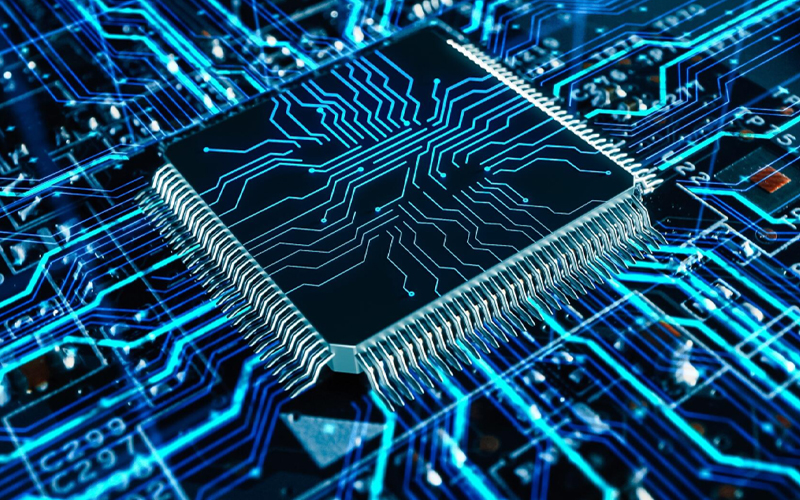The pandemic altered courses of business and the way we live. Amidst fear, worry and chaos beginning early 2020, rays of hope shone through almost immediately, many IoT driven. A friend who lives in Canada was worried about her 80-year-old father in India, who was dependent on regular tuning of his hearing aid. He had been unable to visit his GP’s clinic during lockdown. One day, a medical technician turned up and said, ‘I am here to help with your hearing aid. After this, you needn’t step into the clinic.’ The technician, quickly and safely, inserted a tiny chip into the aid and went away. Shortly after, her father received a message on his phone with an app download request. With the app duly configured, the hearing aid was remotely tuned and calibrated, enabling her father to continue using the device efficiently.
In another incident, a technology team in India rapidly developed an IoT-enabled monitoring device and interface for a large hospital on the US east coast to help cardiologists track their ICU patients. Hospitals were overwhelmed with covid cases and regular patients were contending for medical attention. These devices helped doctors efficiently prioritise treatment and interventions while managing the pandemic onslaught.
A few years ago, a large Silicon Valley technology company decided to partner with property management companies and install smart monitoring capabilities in their offices to regulate, monitor and manage power consumption. Using IoT based sensors and data analysis, they saved a whopping 40% in electricity bills in just one year of deploying the system.
IoT or the Internet of Things will continue to enable businesses to become efficient. Some ways have been illustrated in the examples given. Others for 2023 include –
- Improving timeliness, quality and delivery of healthcare. With IoT enabled medical equipment, remote monitoring and managing of patients results in timely medical help and data collection that can improve quality of life for patients. Hospitals can realise cost efficiencies by prioritising patient care, based on criticality, with speed and accuracy. Healthcare can be extended with IoT to remote areas where physical access to hospitals is challenging thereby enabling wider coverage of healthcare.
- Building business resiliency. As people shift to hybrid modes of working, tracking intrusion and safeguarding data is the highest priority for businesses. IoT enabled office systems “know” when, and which, employees checked into office premises, what they accessed and when they left the premises. This helps identify unknown and unauthorised access as well. IoT will form a critical part of business continuity plans in terms of identifying and mitigating threats to businesses. IoT on secure devices enables monitoring, detection and early response to threats, thus preventing losses for the business. As businesses partner with numerous vendors and partners, IoT is already helping to track supply chains. This will easily extend to implement digital circles of trust enabling businesses to seamlessly and safely add partners and vendors to their networks while guaranteeing safe and reliable delivery of projects and goods.
- Gaining insights from IoT on the Edge. Businesses can integrate data and AI platforms for near real-time insights. Manufacturing businesses can leverage these to diagnose and respond to machine wear and tear much before it happens. Early warning on failure data can be fed into 3D printers to create replaceable components quickly thereby preventing costly downtime for manufacturers.
- Smart Inventory has been IoT enabled for several years and will continue to be enhanced through integration between RFID tags, IoT devices in the supply chain, and edge platforms. This enables all partners in the supply chain to transparently, securely and seamlessly receive insights to trigger timely production cycles, schedule shipments, and efficiently manage inventory.
Technologies such as voice assistants and virtual reality devices will continue to be integrated with IoT platforms. Containerisation will enable interoperability to gather IoT data across platforms for AI engines, thus improving capabilities to manage IoT software associated with various devices. Automotive companies began using IoT devices over a decade ago and will continue to enable more components on vehicles and improve platforms to deliver better vehicle performance.
IoT will continue to be a key infrastructure piece for businesses that already have some of it in place, and drive digital business innovation. There are more than 7 billion IoT devices installed across the world and that number is expected to rise to 30 billion by 2025. This will result in spends of over 1 trillion USD in 2023 itself.
*For organizations on the digital transformation journey, agility is key in responding to a rapidly changing technology and business landscape. Now more than ever, it is crucial to deliver and exceed on organizational expectations with a robust digital mindset backed by innovation. Enabling businesses to sense, learn, respond, and evolve like a living organism, will be imperative for business excellence going forward. A comprehensive, yet modular suite of services is doing exactly that. Equipping organizations with intuitive decision-making automatically at scale, actionable insights based on real-time solutions, anytime/anywhere experience, and in-depth data visibility across functions leading to hyper-productivity, Live Enterprise is building connected organizations that are innovating collaboratively for the future.








